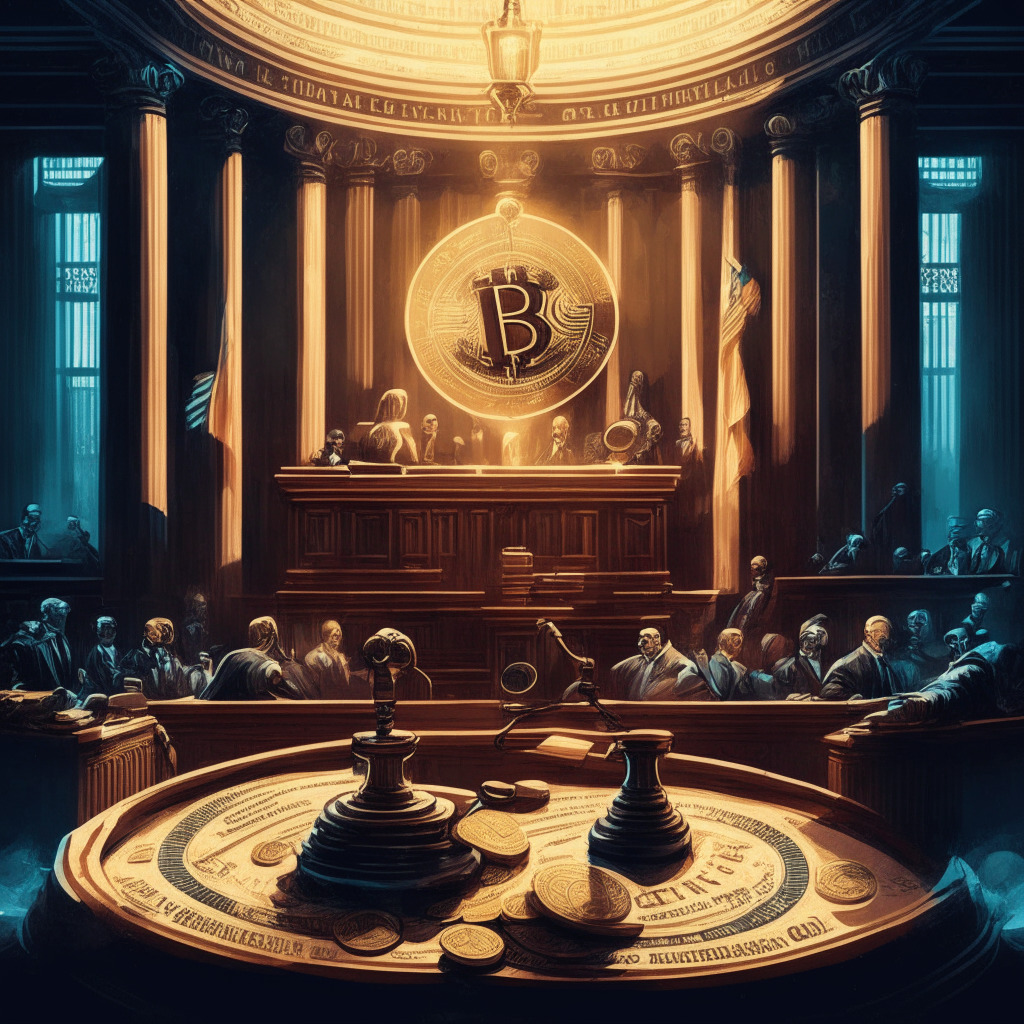In a recent development, former Coinbase Product Manager Ishan Wahi and his brother Nikhil Wahi have reached a settlement with the United States Securities and Exchange Commission (SEC). Both have been charged in one of the first insider trading cases related to the cryptocurrency ecosystem after being accused of trading at least 25 different digital currencies based on Ishan’s prior knowledge of their listing on the exchange platform.
The terms of the settlement dictate that the Wahi brothers must return the ill-gotten gains from their activities and pay accrued prejudgment interests related to the case. The insider trading activities were flagged back in July of the previous year, and through coordinated investigative efforts, both brothers were apprehended and charged. Earlier this year, Nikhil was sentenced to 10 months of imprisonment, while Ishan received a two-year term for his misconduct.
Apart from serving jail time, Ishan has been ordered to forfeit 10.97 Ether and 9,440 Tether, and Nikhil must forfeit $892,500. Additionally, Ishan agreed to cooperate with the SEC in any ongoing or future investigations connected to the case.
Out of the 25 cryptocurrencies flagged in the insider trading case, the SEC deemed at least 9 of the assets to be unregistered securities, suggesting that more aggressive action could be taken against Coinbase. Both the exchange and the SEC are currently entangled in a legal battle.
Gurbir S. Grewal, Director of the SEC’s Division of Enforcement, emphasized that while the technologies in question may be new, the conduct is not. This case exemplifies how the federal securities laws have not exempted crypto asset securities from the prohibition against insider trading.
However, one must consider the implications that more aggressive regulation could have on the nascent cryptocurrency market. Strict enforcement could stifle innovation and hinder the growth of emerging projects. Conversely, appropriate regulatory measures could enhance the industry’s credibility, reduce bad actors, and attract more institutional investors.
Ultimately, striking the right balance between innovation and regulation will be crucial in shaping the future of the cryptocurrency ecosystem.
Source: Coingape




